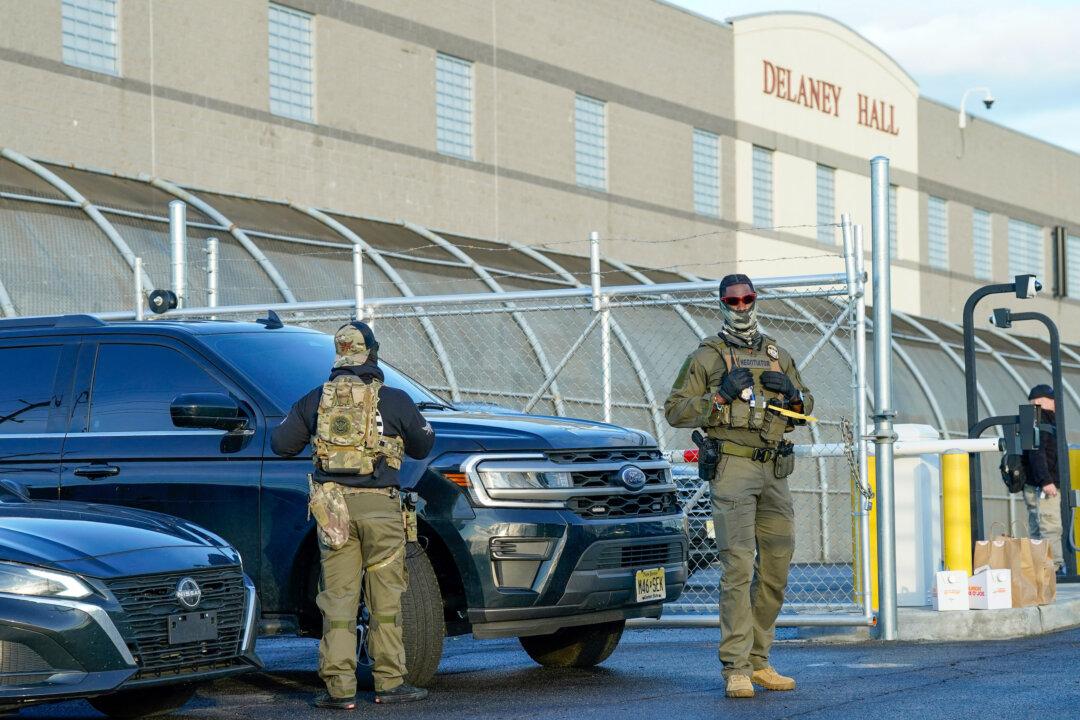The Supreme Court of the State of New Mexico has determined in a unanimous policy decision that illegal aliens will be allowed to practice in the state as attorneys—a decision a conservative legal critic called “bizarre.”
In a new set of rules governing admission to the bar (pdf), approved on Aug. 19, the court held that a lack of U.S. citizenship or immigration status may no longer be used to deny a law license to individuals holding a law degree and otherwise qualifying for membership in the New Mexico Bar Association. In issuing the order, the court concurred with changes recommended by the Board of Bar Examiners and the Code of Professional Conduct Committee.





